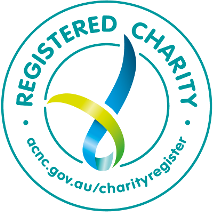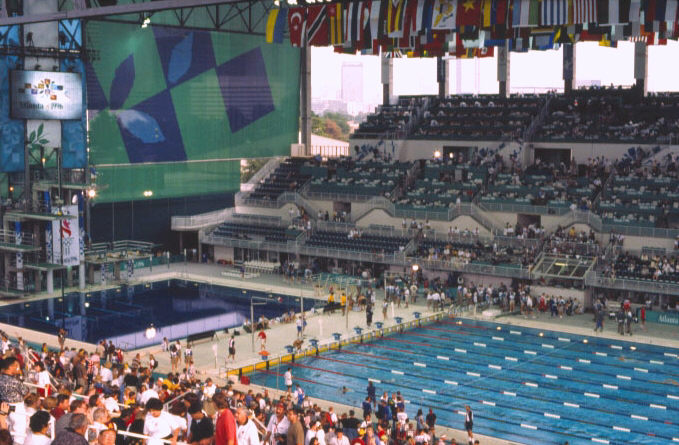Anonymous: Who am I if I do not swim anymore?
“I will never retire – I will just keep doing Masters”. So I blindly said in my early 30s, when zipping seamlessly between open age and masters competitions was a breeze. Now in my mid 40s, those open age races are near impossible and suddenly retirement is a real thing. My understanding of what retirement was in my early 30s is quite different to the reality of it facing me now. My body is starting to refuse to respond. It is creaking, aches and pains appearing that don’t go away and “good” swim training sessions become few and far between. Of course, what I deem as “good” is what I considered a “good” session in my 30s. The same target times, the same achievements. Realistic? Not really. But I don’t know anything else.
I am not really an elite athlete, but its certainly been a huge part of my life and I have been on pathways to this and that. I came to swimming as an adult; started competing at the age of 30 with the aim of breaking a world masters record or two. I overshot that mark and went on to represent my country in open water and in some pool events too. I continued to do Masters Swimming the whole time and still do it now.
I faced a lot of discrimination, for want of a better word, based on my age. Selection criteria changed at the last minute and a new, more difficult category created for swimmers over 25 and another time I had to get my own country caps printed for some overseas races. I got laughed at by coaches and then ignored by them when I beat their swimmers. I had parents who would say to me “don’t you think you should stop this and go and have babies?” Why is motherhood everyone else’s business? When I moved countries for my husbands work, the coach of the local club refused to take me as I was too old. I then beat his swimmers.
Essentially I was living in two worlds, where I was different and special in both. I knew who and what I was. As a swimmer, I was different because I was older and had a job/career etc. In my job I was different and special because I was this machine athlete competing at the top level winning national titles and travelling overseas representing my country.
And now? Well, getting a business off the ground with my husband and a couple of others – they definitely don’t think I am special and still demanding that training comes first runs a bit thin on them. As for the swimming, I don’t have a coach or a squad since moving countries so I swim in public lanes where people have no idea about my past or what I even do now. Squads swimming next to me, swimming slower than me, yet strutting around poolside like they own the place, glancing with disdain at the public swimmers of which I am now one.
I think “did I behave like that? I know I didn’t, as even in a squad I was in the public lanes a lot and the public I shared with were part of my “support network”.
I have spent so much of my time trying to prove that I am worth it. Proving that I am as good as those youngsters I am training with. After having fought for so long, I am now beginning to slow down I really don’t know how to handle it. I feel that those people who laughed have actually got the last laugh after all. I am becoming exactly what they thought I was; a try hard adult who is really a bit sad.
The final piece of indignity of the whole retirement thing, is the body image. I love my body. I love how it feels to be fit and strong and healthy. Yet another thing that sets me apart from my peers and colleagues. But its getting a bit less strong, less taut.
I also have a completely different attitude to food than other people; there is no emotion, its a fuel, it has a purpose. I scoff at people who have an emotional attachment to food and count calories etc. But then suddenly a roll appears here or there, and I think, “hang on a minute, do I need to do something here?”.
Transitioning from top level sport is a very complex issue with many different facets, its not just ex-Olympic medal winners who have problems with it. Anyone who has dedicated so much of their life to this solitary pursuit of sporting excellence has to face the end of that particular road at some stage and that question of “who am I really if I don’t have my sport now?’
And it’s HARD.
The more people who admit it and talk about it and accept that it’s a completely normal process, the more that pathway will be defined and the better it will be for everyone.
This article was submitted anonymously to the Crossing the Line Sport Website


